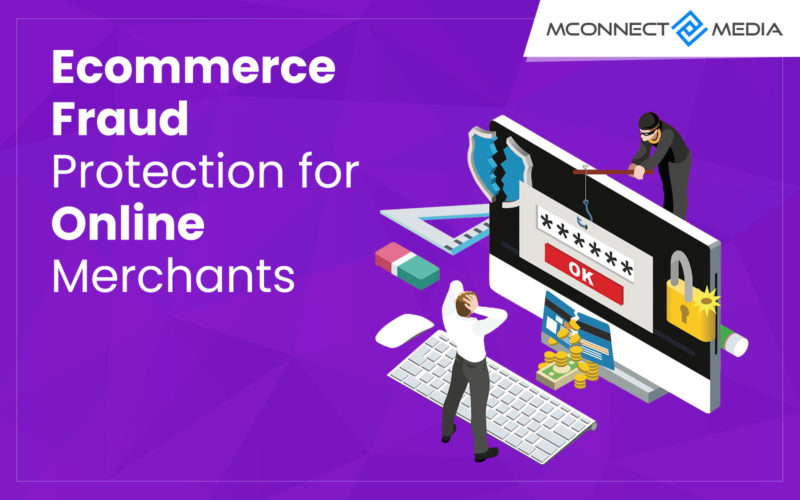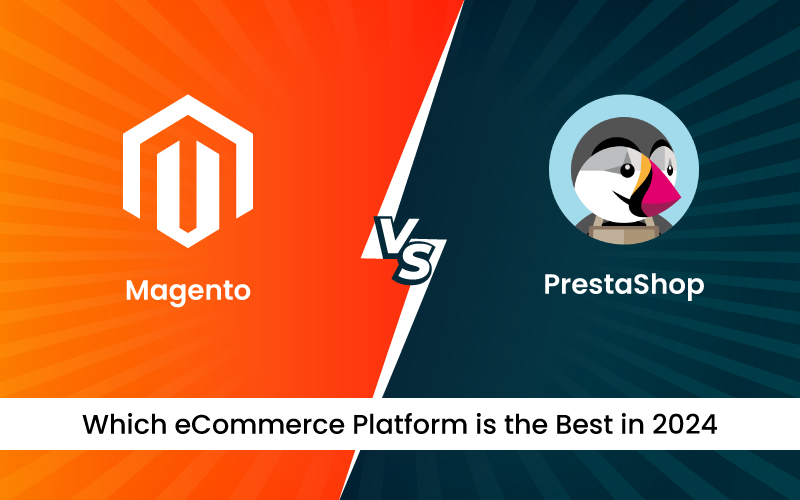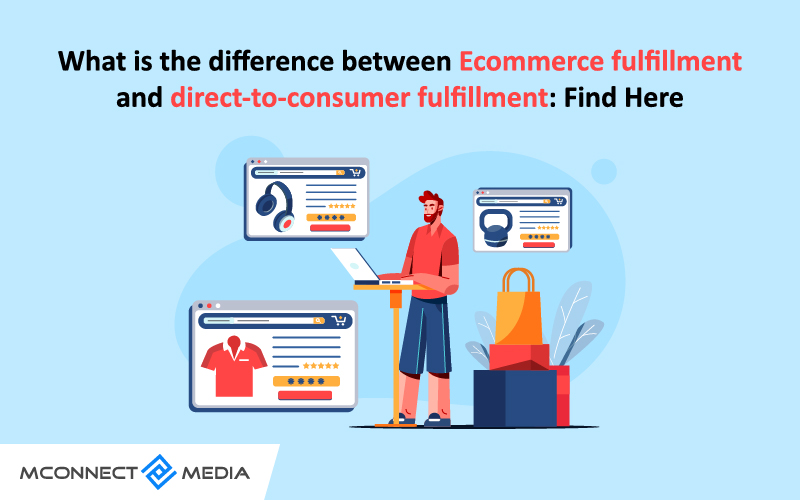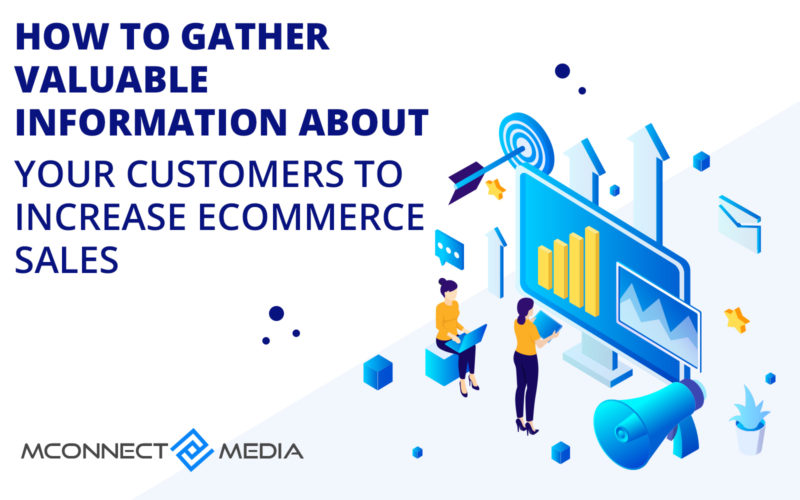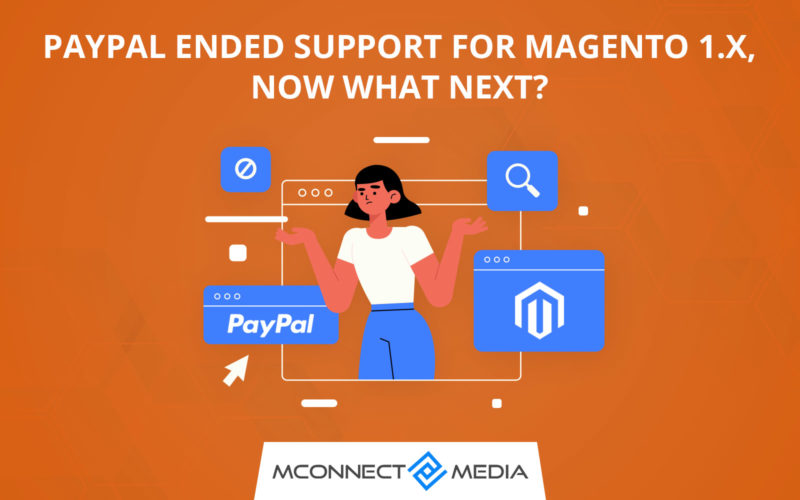Many entrepreneurs have started their online journey through eCommerce due to the exponential growth it has seen in the last couple of years. Not only that but eMarketer’s one report predicts that eCommerce will account for $6.5 trillion retail sales for the year 2023. But there’s a catch. As the online eCommerce market is growing, so are the frauds and attacks on eCommerce websites.
Currently, medium to large online retailers have to deal with a whopping 206,000 frauds and attacks on their eCommerce stores every month. These fraudulent attacks steal payment card data, customer information, damage your brand’s reputation, and hurt the profit margins as well.
Thus, you need a fraud detection and protection system against such attacks. And for that, we have written this ultimate guide on eCommerce fraud protection for online merchants. You will get all the answers like what is eCommerce fraud, how it works, and what you should do to protect your online store. So, without further ado, let’s get started.
What is eCommerce Fraud?
Ecommerce fraud is a kind of deception that takes place online during a commercial transaction. It has a goal of financial or personal gain to the fraudster and affecting merchants negatively. Fraudsters focus to steal payment information thus it is also known as payment fraud. Ecommerce websites are the main target for attacks which are conducted in such a way that it remains undiscovered.
Types of eCommerce Fraud
Today eCommerce fraud has become synonymous for stolen credit card info used for making purchases online. However, that’s only one type of fraud and there are many others which we are going to have a look at here.
1. Credit Card Fraud
Credit card fraud is the most common type of eCommerce fraud where criminal goes on to the dark web to buy stolen credit card information then uses that to make purchases online. Initially, it will defraud the cardholder but eventually also defrauds the store owner who has to refund the payment and chargeback fees sometimes. Also, merchants can fall prey to card testing scams. Fraudsters conduct multiple attempts to test for active cards by making purchases. They are typically small & low-risk orders but can hit big on merchants.
2. Affiliate Frauds
In affiliate fraud, fraudsters register different domain names that are commonly mistyped domain names of the legitimate merchant sites. Then, those fraudsters redirect those fake URLs with an affiliate link to the merchant’s website. This kind of fraud generally takes place either to generate more sales or increase the percentage amount for commission.
3. Chargeback Frauds
Chargeback frauds are commonly referred to as friendly frauds where a fraudster makes a purchase and waits for a week or month after delivery to claim the purchase is unauthorized. The fraudster then contacts the bank to dispute the transaction and hope merchants simply give in to their demands if merchants don’t have time or resources to fight the disputed claim.
4. Phishing/Account Take over
Phishing schemes are common tactics of fraudsters to take over the accounts of genuine shoppers. Here, shoppers are tricked to reveal their account details like usernames and passwords. Then fraudsters use them to log in and change the password to make unauthorized purchases.
5. Interception Fraud
Here, criminals make purchases online from the stolen credit cards and use the address that’s on file for the credit card while checkout. But before the goods are delivered, they will intercept the merchant and change the delivery address where they can pick up the good.
6. Triangulation fraud:
This kind of fraud goes unsuspected for a longer time because criminals here create fake websites to collect credit card data of customers and then use them to purchase items from a legitimate website. The item then is shipped to customers raising no concern for them. After a while, fraudster starts purchasing using the same data for themselves.
Steps to Prevent Frauds on Your eCommerce Store
1. Conduct Regular Security Audits
Take care of the following topic while you audit your eCommerce website.
- Make sure that your eCommerce platform and Magento Extensions/plugins you use are up to date.
- Check your SSL certificate’s validity.
- Integrate PCI-DSS compliant payment methods.
- Use strong passwords for admin accounts, hosting, databases, and others. Also, encourage customers to do so.
- Remove any inactive extension/plugins.
2. Ensure the Store is PCI-DSS Compliant
PCI means Payment Card Industry which ensures the security of credit card transactions. When your store becomes PCI compliant, it means that it follows the standards laid out by the PCI-DSS council and your business processes meet their regulations. Ecommerce platforms like Magento 2 and other PaaS or SaaS-based eCommerce stores have PCI compliance out-of-the-box.
3. Check for any Suspicious Activity Regularly
In the case of Brick and Mortar shops, they have officers to catch shoplifters to prevent fraud. But for the online eCommerce transaction, you have to monitor and check for suspicious activities to prevent fraud. Find any red flags like inconsistent billing and shipping address. Also, you can use tools to track the IP address of your customers to know their country of origin and decide if they are fraudsters or not.
4. Use AVS (Address Verification Service)
Many banks and credit card payment processors offer AVS for eCommerce store owners to detect any fraud transaction in real-time and help to prevent it as well. What it does is, it checks the address for the billing with the registered address of the cardholder that’s on file with the credit card issuer. Merchants can request payment processers to check if the credit card transaction is authorized or not. If the addresses don’t match, the system will decline the transaction or proceeds for the investigation.
5. Make CVV Number Mandatory for all purchases
CVV means Card Verification Value or CSC means Card Security Code is a three or four-digit code on the back of Visa, Mastercard, Discover, and American Express cards. Making this code mandatory for all purchases means that shoppers will only be able to proceed with payment if they have the card in their possession. This will help reduce fraud and make transactions safer.
Summing Up
In recent times, fraudsters are getting more advanced as well as more sophisticated in attacking online eCommerce stores. They are also constantly improving and enhancing their skills and tools for making frauds more successful. Due to that, the number of frauds and attacks on the online store is growing popularly. However, smart eCommerce owners know how they can protect their store. Even the experts at Mconnect Media have prepared a list of steps to prevent fraud on eCommerce sites.
Consult our eCommerce experts if you still need help to protect your eCommerce store from fraud activities and attacks.


